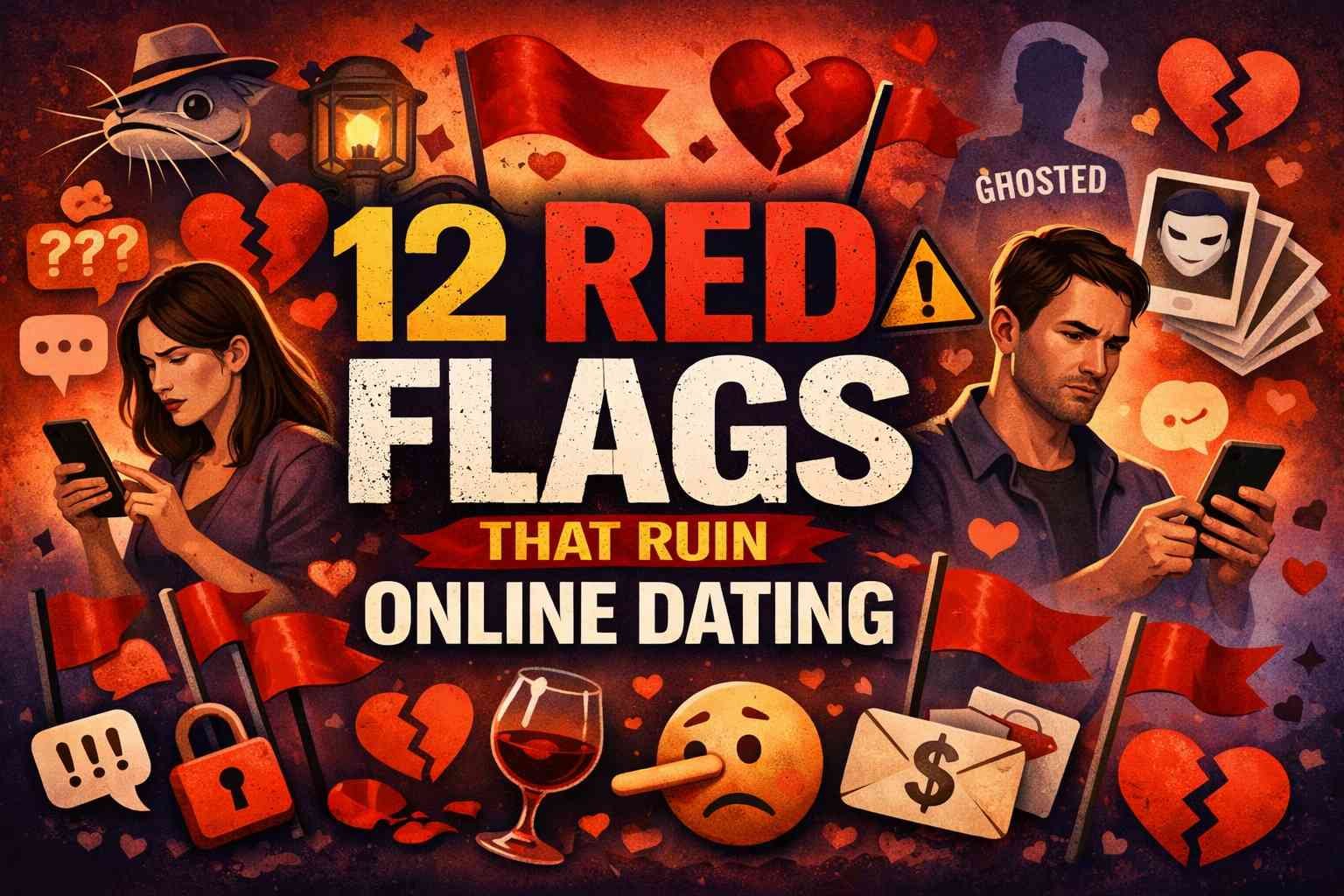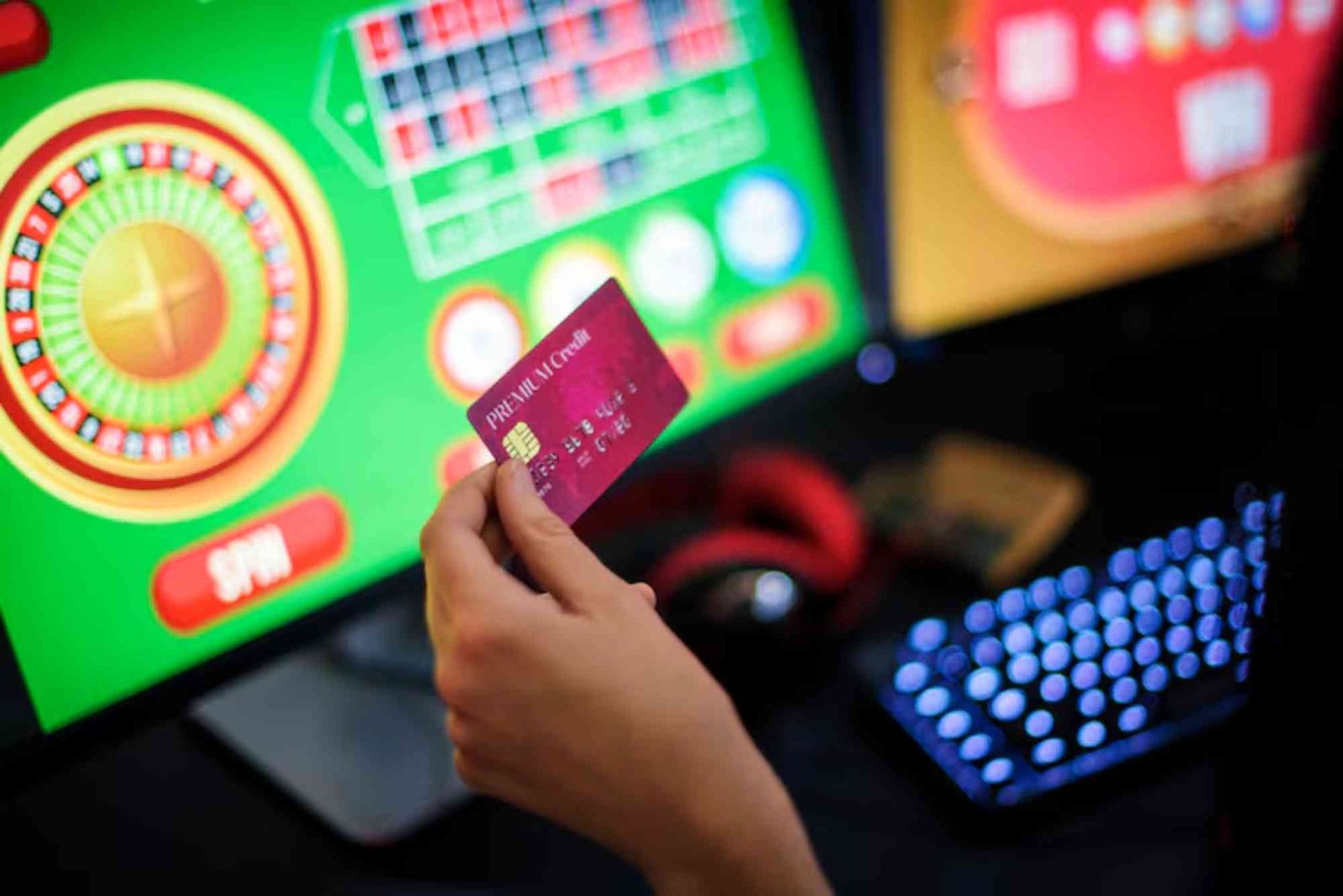I’ve been there: staring at the screen after the fifth losing spin in a row, fingers hovering over the deposit button while the sensible part of my brain whispers, “Call it a night.” Cold streaks have a way of turning rational players into armchair statisticians and part-time philosophers. You start bargaining with probability, convincing yourself that the next hand “has” to be different. That’s the emotional tug-of-war this article is about—do you chase, or do you step away?
Cold streaks aren’t just math; they’re mood, momentum, and money tied together. The danger is subtle. You’re not doubling bets because you’re reckless (or so you tell yourself). You’re “correcting variance,” “sticking to the plan,” or “protecting earlier wins.” Those phrases sound smart enough to sneak past your internal risk filter.
Before we go further, here’s the practical anchor I use to stay grounded: I only play at fast payout online casinos uk so that, if I do book a win, I’m not stuck waiting days to see it. Quick withdrawals remove the excuse to keep chasing “until the cash hits.” One mention, one link—but it matters.
Why We Keep Firing After Five Losses
A cold streak triggers more than frustration; it pokes at deep cognitive biases that were useful on prehistoric savannas but are dangerous around roulette wheels and RNGs.
The Gambler’s Fallacy Wearing a Lab Coat
You know the classic: “Red has hit eight times; black is due.” Intellectually, you understand independent events, yet your gut insists balance must return soon. After a cold streak, that same bias morphs into “I’m due for a win” logic. It feels data-driven because you’re tallying outcomes, but in games with fixed house edges, the wheel doesn’t care.
Sunk-Cost Thinking Disguised as Discipline
“I’ve already lost £300 tonight—walking away now just makes it ‘real’.” That’s sunk-cost fallacy whispering that quitting seals the loss. In truth, staying increases the probability you’ll convert a manageable loss into a bankroll catastrophe. The money you’ve lost is gone regardless of what you do next; only future decisions can protect or damage what’s left.
Is It a Cold Streak or Just Normal Variance?
One nasty trick variance plays is making normal runouts look like cosmic injustice. Five, ten, even twenty losing bets can be statistically ho-hum depending on your game and stake size.
A Quick Reality Check on “Unlucky”
If you’re playing a slot with 96% RTP and high volatility, extended droughts are baked into the design. Blackjack with basic strategy has smaller swings but still sees brutal shoes. What matters is whether the streak exceeds what your bankroll plan accounted for. If you didn’t plan for it, it doesn’t matter whether it’s “normal” mathematically—it’s dangerous financially.
Emotional Variance > Mathematical Variance
Even if the numbers say you’re fine, your mindset might not be. The moment your decisions are driven more by feelings than by pre-set rules, you’ve entered the tilt zone. That’s when walking away—temporarily or for the night—becomes the +EV move for your mental state.
Building a Bankroll Architecture Before You Ever Hit “Deposit”
The best time to decide how you’ll handle a cold streak is when you’re calm, not when your last spin whistled past the jackpot symbol.
Three Numbers That Save Me
I set a session stop-loss, a session stop-win, and a total daily cap. The stop-win keeps me from overextending when I’m hot; the stop-loss prevents chasing when I’m cold. The daily cap means if I blow through the first two (rare but possible), I’m done, period. These numbers are written down before I play. If I change them mid-session, I know I’m rationalizing.
Separate Wallets, Separate Mindsets
Keeping gambling funds in their own e-wallet or banking sub-account helps. When that balance hits the pre-defined floor, there’s no “let me just move another £50.” Friction is your friend when emotions flare.
When You Do Choose to Chase: Turning Off the Firehose
Sometimes you’ll decide to keep playing. Maybe you’re in a tournament, or you believe your edge will return (card counters, poker grinders, advantage players know this battle well). If you continue, switch from “recovery” to “containment.”
Shift Gears, Don’t Slam Them
I downshift stake size immediately after a nasty streak. Smaller bets reclaim emotional equilibrium. I also switch to lower-volatility games for a short spell—think even-money blackjack bets or low-variance slots—to stabilise the bankroll. It’s not about “getting it back fast”; it’s about preventing further hemorrhage while your head clears.
Insert a Cooldown Ritual
Take a five-minute walk, change music, even move rooms. Physical interruption breaks the streak’s spell. If after the break you still feel the itch, honor your plan. If your plan says “done,” close the tab. No negotiations.
Walking Away: The Skill That Separates Pros from Punters
Professional gamblers are not superhuman. What they do better than the rest of us is obey their stop lines. Walking away is not weakness; it’s bankroll maintenance.
What “Walking Away” Really Means
It doesn’t have to mean quitting for days. It might mean taking a fifteen-minute blackout, reevaluating, then returning with a fresh plan. For me, it often means cashing out whatever’s left, writing a quick post-mortem in a notes app, and doing something utterly non-gambling: cooking, the gym, a movie. The key is replacing the feedback loop of chasing with a different loop entirely.
Post-Session Debrief: Painful but Priceless
I record stake sizes, game type, duration, emotional state, and why I stopped. Reviewing those notes later shows patterns: times of day I tilt more, games that trigger bad decisions, or platforms whose interfaces encourage over-betting. Data turns “I got unlucky” into “Here’s what actually happened.”
Cashier Speed and Transparency: Quiet Heroes of Self-Control
Waiting three days for a withdrawal invites relapse. The longer your money sits in limbo, the more tempted you are to reverse it. That’s why I obsess over fast, clean cashouts. Reliable, regulated operators with published processing times and strict reversal policies help players stick to stop lines.
Proof You’re Playing with Adults
Look for clear KYC requirements up front, visible RTP tables, and accountable customer support. An operator proud of its payout speed and transparency will show it; one that buries it is waving a red flag. Speed isn’t just convenience; it’s harm reduction.
The Psychology of “Next Time” vs “Right Now”
A cold streak feels like a personal attack in the moment. Promise yourself a “next time” session under better conditions rather than “one more spin” right now. The future version of you isn’t tilted, and that version makes better calls.
Reframing the Narrative
Instead of “I have to win it back,” try “I just bought very clear feedback that my plan wasn’t robust enough tonight.” That reframing turns a loss into tuition. Expensive, yes, but useful—if you learn and adjust.
Final Verdict: Chase or Walk?
There isn’t a universal answer; there’s your answer, crafted before emotions spike. If your plan allows a limited, structured continuation after a streak, stick to it. If it says walk, walk. Either way, the decision must come from a pre-committed framework, not from the heat of the moment.
Cold streaks don’t make you a bad player; chasing them blindly does. Walking away doesn’t guarantee you’ll be ahead tomorrow, but it guarantees you’ll have a bankroll—and a clear head—to try again.



